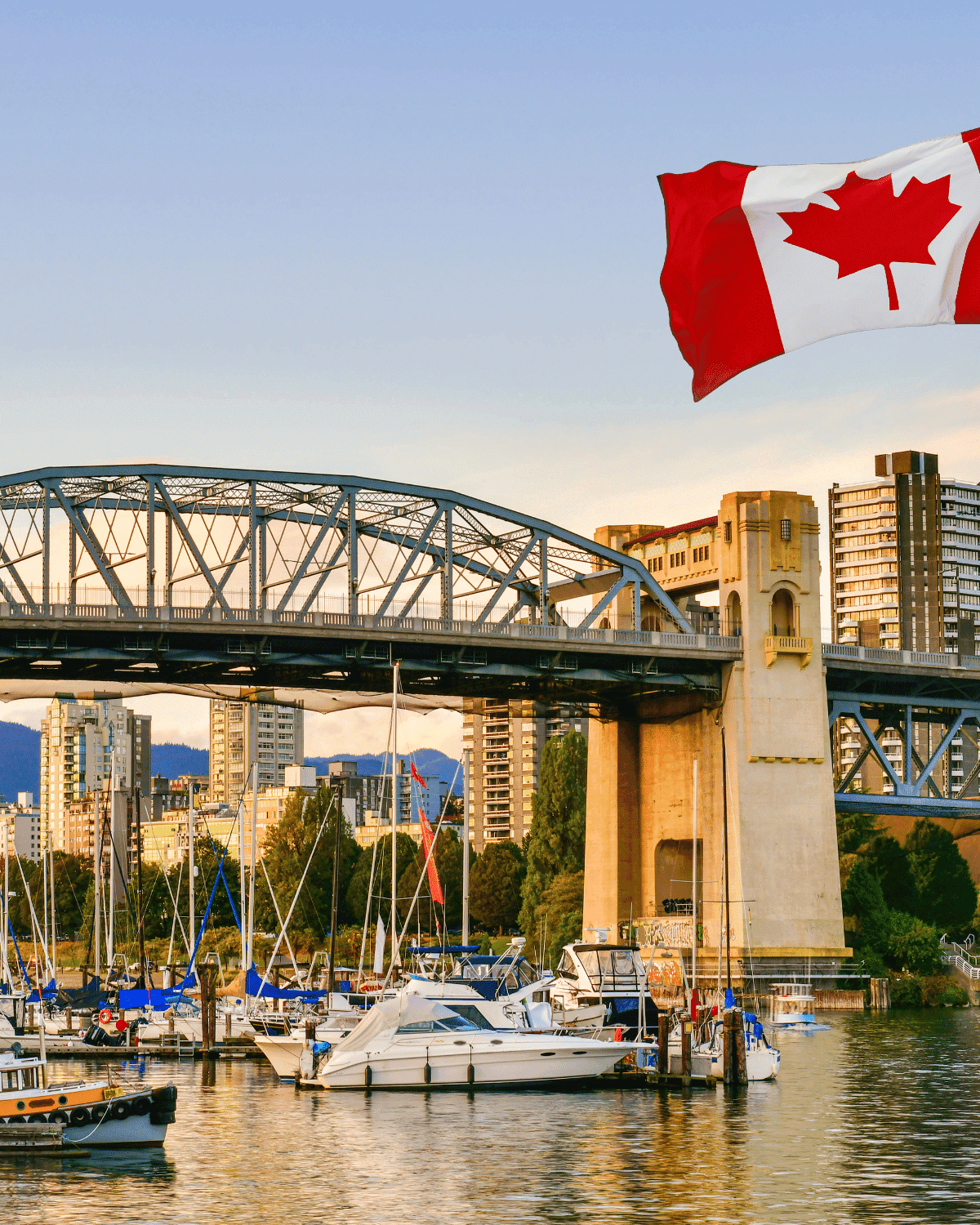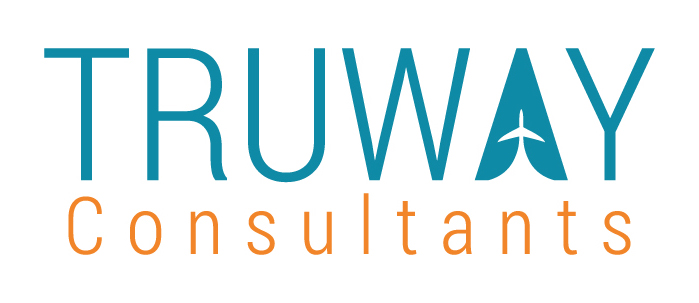Why Choose Canada?
Quality of Life: Canada consistently ranks high in quality of life indices, with universal healthcare, low crime rates, and a strong social safety net.
Cultural Diversity: Embrace a multicultural society that values inclusivity and celebrates diversity.
Safety and Security: Canada is one of the safest countries globally, offering peace of mind for residents and visitors.
Education Excellence: Access world-class education and research institutions.
Immigration Opportunities: Canada welcomes immigrants with open arms, providing various pathways to become a part of the Canadian family.
Natural Beauty: From the Northern Lights to stunning national parks, Canada offers unparalleled natural wonders.



Study In Canada
Canada is renowned for its world-class education system, with top universities consistently ranking among the best globally. Whether you’re pursuing a bachelor’s, master’s, or Ph.D., Canada offers a diverse range of academic programs in a multicultural and welcoming environment.
A Study Permit is an official document issued by Citizenship and Immigration Canada, enabling foreign individuals to pursue studies in Canada. This permit typically applies to a specific Canadian educational institution and program for a designated period.
While most international students require a Study Permit to study in Canada, exceptions exist:
- Study Permits may not be necessary for programs lasting six months or less.
- Minor children in Canada, with parents holding legal status other than Visitor Status, might not require a Study Permit.
- The family or staff of a foreign representative to Canada may also be exempt.
Canada is internationally recognized for its exceptional education system, consistently ranking among the top OECD countries in per capita spending on public postsecondary education. Canadian students excel in global assessments, reflecting the nation’s dedication to education quality.
Canada’s post-secondary education is primarily managed by provincial and territorial governments, each having its own set of laws, policies, and procedures governing educational institutions. These systems share a common structure comprising three tiers: elementary, secondary, and postsecondary. Moreover, they all offer free and universal elementary and secondary education to Canadian students.

Business Opportunities in Canada
Canada’s robust job market, diverse industries, and strong economy make it an attractive destination for professionals worldwide. With a work permit, you can gain international work experience and explore career opportunities in thriving cities.
Most of Canada’s manufacturing industry is in Ontario and Québec, where motor vehicle production comprises the largest sector within this industry. Other important manufacturing sectors include food and beverages, paper and allied products, primary metals, fabricated metals, petrochemicals and chemicals.
The Atlantic provinces focus on fishing, forestry and mining, while Prairie provinces are dependent on agriculture and mineral fuels. British Columbia’s primary sectors are forestry and mining, as well as tourism.
Major Exports: automobile vehicles and parts, machinery and equipment, high-technology products, oil, natural gas, metals, and forest and farm products.
Major Imports: machinery and industrial equipment including communications and electronic equipment, vehicles and automobile parts, industrial materials (metal ores, iron and steel, precious metals, chemicals, plastics, cotton, wool and other textiles), along with manufactured products and food.

Apply for Permanent Residency
Canada’s immigration policies are designed to attract and retain skilled individuals. Attaining permanent residency grants you access to a high standard of living, social benefits, and the opportunity to become a Canadian citizen, all while enjoying the country’s natural beauty.
The Permanent Resident Card expires every five years, and then may be renewed by making application and proving that the applicant has been physically present in Canada for the requisite time period, or has otherwise satisfied the residency requirements. Although an individual may meet the residency requirements by living outside of Canada with a Canadian citizen spouse, or working outside Canada for a Canadian business, the Permanent Resident Card cannot be renewed without being present in Canada and having a Canadian address.
While the PR Card was introduced to facilitate ease of travel for permanent residents, it can also be used as a convenient method of proving status to government authorities, employers and schools.
A multitude of languages are spoken in Canada. According to the 2006 census, English and French are the preferred language (“home language”, or language spoken most often in the home) of 67.1% and 21.5% of the population, respectively. English and French are recognized by the Constitution of Canada as “official languages,” which means that all laws of the federal government are enacted in both English and French and that federal government services are required to be available in both languages.
When you become a permanent resident of Canada, you are entitled to most of the same rights and privileges as a Canadian citizen. Below is a list of a few of these rights:
– You are entitled to equal treatment and equal protection.
– You are entitled to certain legal rights, such as to be presume innocent until proven guilty
– To be provided with an interpreter in the courtroom, if necessary to have a lawyer
– You have the right to enter and exit Canada as you see fit, plus you can move freely from province to province.
– You can work and study anywhere you choose in Canada
Canadians are generally a tolerant, polite and extremely community-oriented people. Although they are individualistic in terms of their basic cultural traits, they nevertheless place a great deal of emphasis on the individual’s responsibility to the community. This is seen as giving balance and a good quality of life.

Canada's Economy
Canada possesses a stable and prosperous economy. It offers a wide range of industries, from technology and finance to healthcare and manufacturing, providing diverse job opportunities and a high quality of life.

